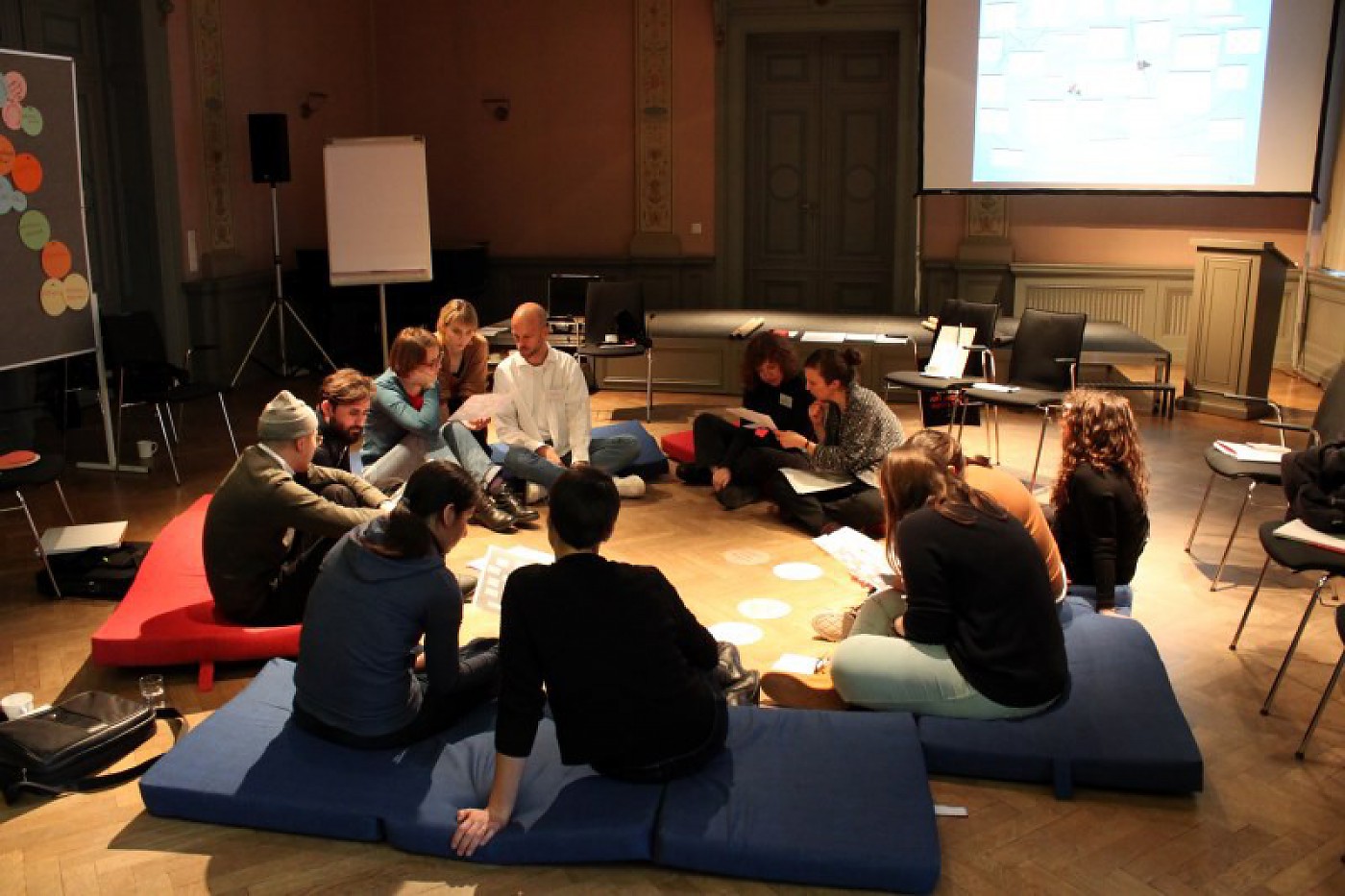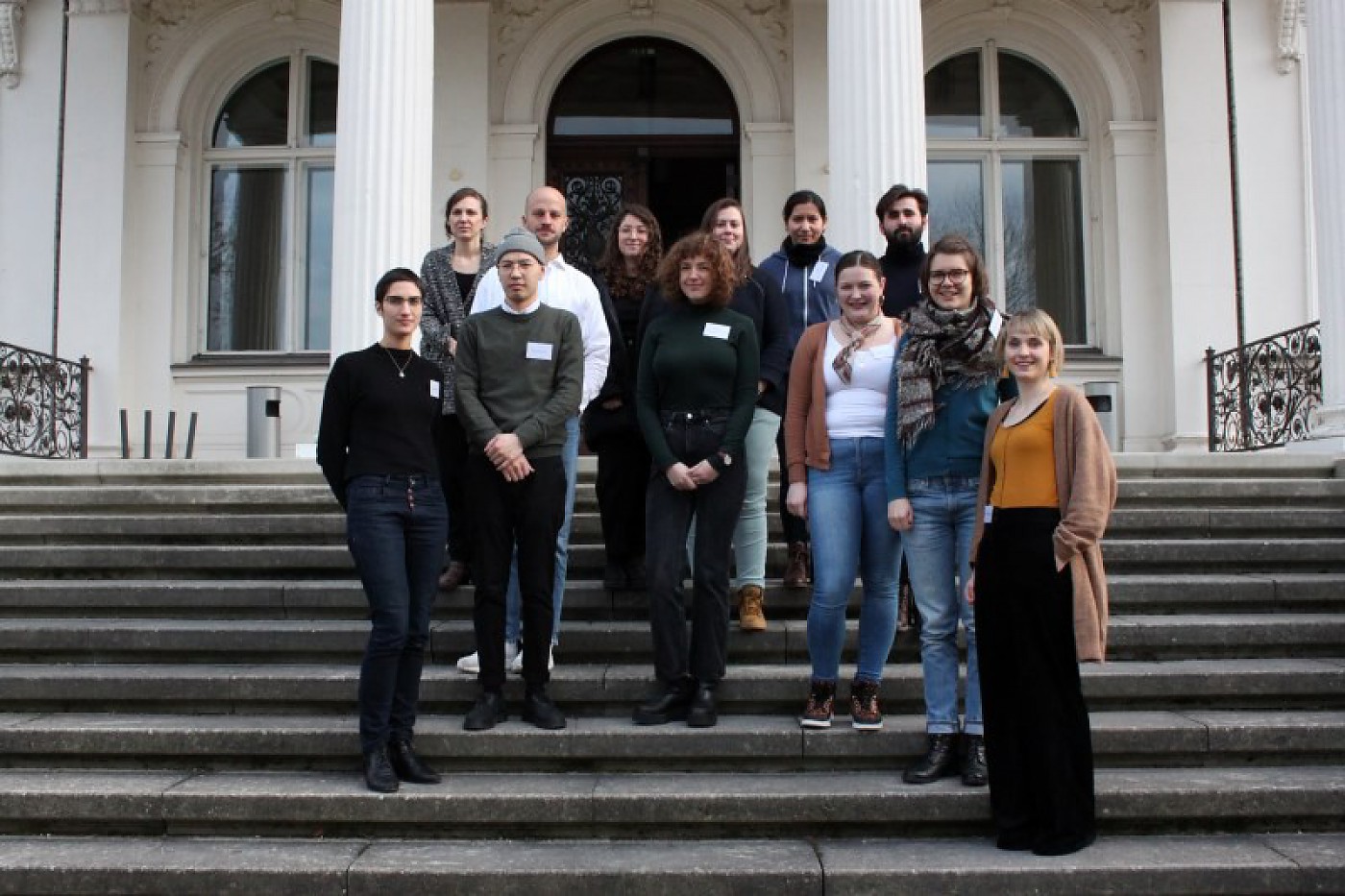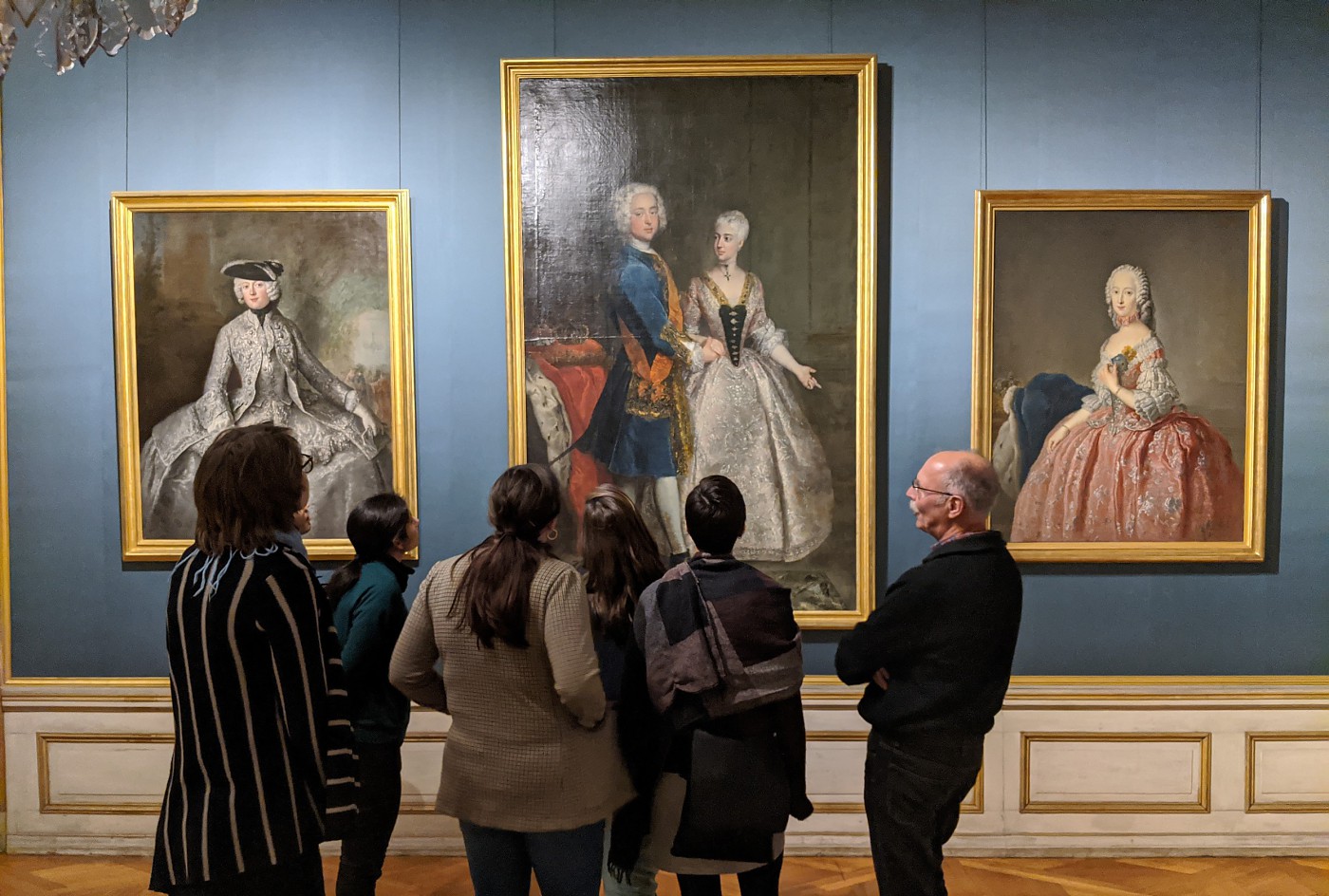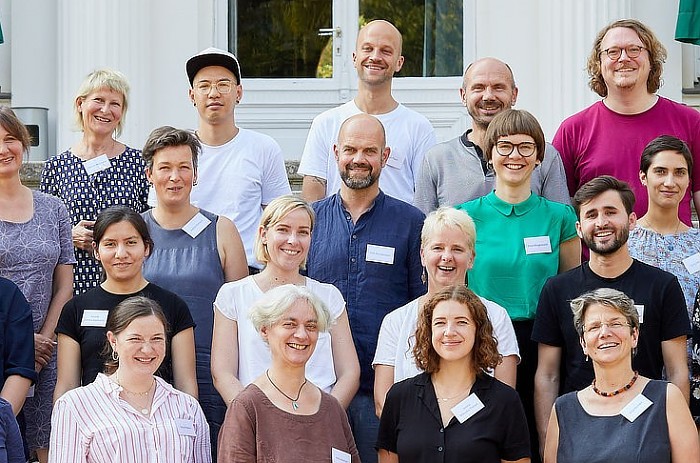

The KIWit trainee programme of the Genshagen Foundation
As part of the competence network KIWit (Cultural Integration and Knowledge Transfer), the Genshagen Foundation, with its activities for the diversity-aware promotion of young talent, wants to make a concrete contribution to making the personnel structure of cultural institutions more diverse. The Museum for Sepulchral Culture is one of ten selected institutions participating in the KIWit trainee programme. On September 1, 2019, the position was filled by Tatjana Ahle (religious and cultural studies; art). In particular, she will support us in developing an intercultural and interreligious dialogue – a key question in the new concept for our permanent exhibition:
"How can we develop the new permanent exhibition in such a way that the diverse perspectives and cultures it contains are included in the development of the presentation?"
The museum's collection is based on objects from Christian Western culture. The focus of the previous permanent exhibition therefore lies primarily in this field of sepulchral culture. Objects from the 1st century CE to the present day show how people in Germany buried, mourned and remembered the deceased. With new developments in burial culture, topics such as cremation or the contemporary artistic treatment of one's own finiteness have been added - mostly with a focus on Christians living in Germany. Since 2014, funeral forms from other religions and cultures (Islam, Judaism, Buddhism, Hinduism, etc.) have also been presented. The exhibition was developed from a Christian-Western perspective, which looks at the "other" in supposedly foreign cultures. In the future, the conceptual cooperation with people from these very groups will be established, so that they can contribute their experiences in the field of sepulchral culture. Together, concrete ways of realizing forms of their burial and mourning culture in the museum are to be worked out and thus contribute to a diversity-oriented orientation of the museum. The main goal is to stabilize the intercultural and religious exchange and to establish the museum permanently as a place that visualizes multicultural aspects in dealing with dying and death against the background of migration.
On 31 June 2020, the programme came to an end, giving its participants a wealth of experience, new knowledge and personal and shared visions for the future.
The KIWit trainee program of the Genshagen Foundation is supported by
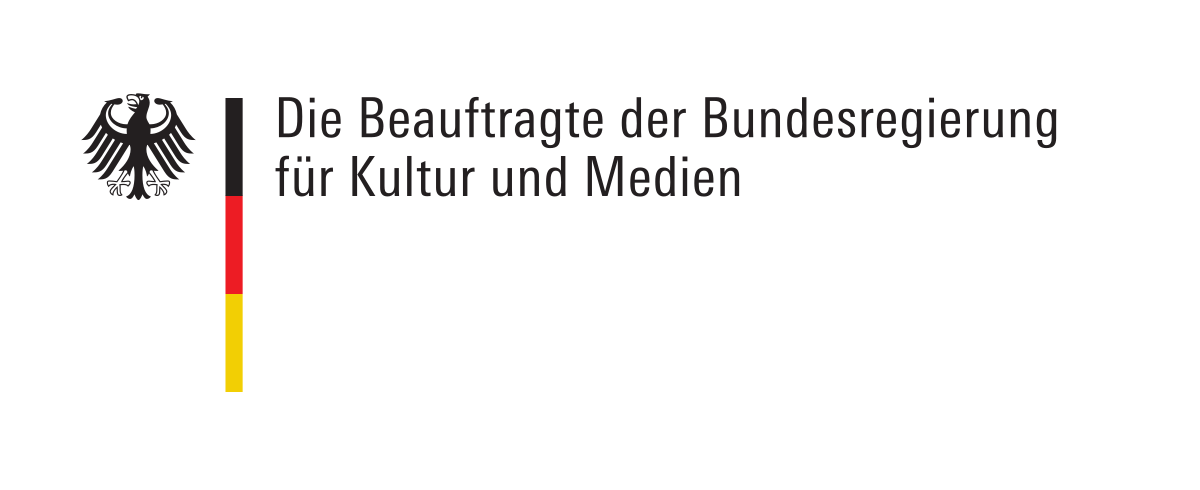
Trainee
Tatjana Ahle-Rosental M.F.A. | B.A.
Position: Research Associate
Telefon: 0561 / 918 93 12
As part of the programme, the participants visited each other's institutions. On site, a direct insight into fields of work, projects and visions took place.
In an interim evaluation of the KIWit trainee programme from 29.01.2020 - 30.01.2020, the aim was to reflect on the months so far and to talk about challenges experienced in the trainees' everyday working lives. In addition, opportunities were sounded out and possible activities for the remaining months (the programme will end in June 2020) were worked out.
Publication
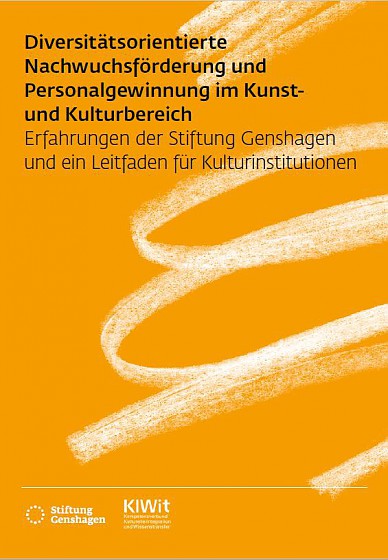
Diversity-oriented promotion of young talent and personnel recruitment in the arts and cultural sector
Experiences of the Genshagen Foundation and a guide for cultural institutions
The Genshagen Foundation publishes a brochure on diversity-oriented promotion of young talent and personnel recruitment in the arts and cultural sector within the framework of the Competence Network Cultural Integration and Knowledge Transfer (KIWit). The aim of the publication is to share project experiences of the Genshagen Foundation's programmes for the promotion of young talent, the KIWit School and the KIWit Trainee Programme, and to give cultural institutions impulses for the implementation of diversity-oriented promotion of young talent and personnel development in their institutions.
How can diversity-promoting processes be initiated in cultural institutions and especially in their human resources departments? In their contribution, the diversity coaches Sophie Ali Bakhsh Naini and Lena Prabha Nising provide initial points of reference. Their guide shows which steps cultural institutions can take to ensure that their staff will be able to meet the diversity of German society in the future.
In addition, the brochure also contains a text by Anna Zosik, the project manager of the 360° – Fonds für Kulturen programme of the Federal Cultural Foundation's new city society. She illuminates the topic with reference to negotiations of gender justice and the question why so many chairmen are called Thomas.
The PDF can be downloaded here. (German)
Arbeitsgemeinschaft Friedhof und Denkmal e.V.
Zentralinstitut für Sepulkralkultur
Museum für Sepulkralkultur
Weinbergstraße 25–27
D-34117 Kassel | Germany
Tel. +49 (0)561 918 93-0
info@sepulkralmuseum.de



